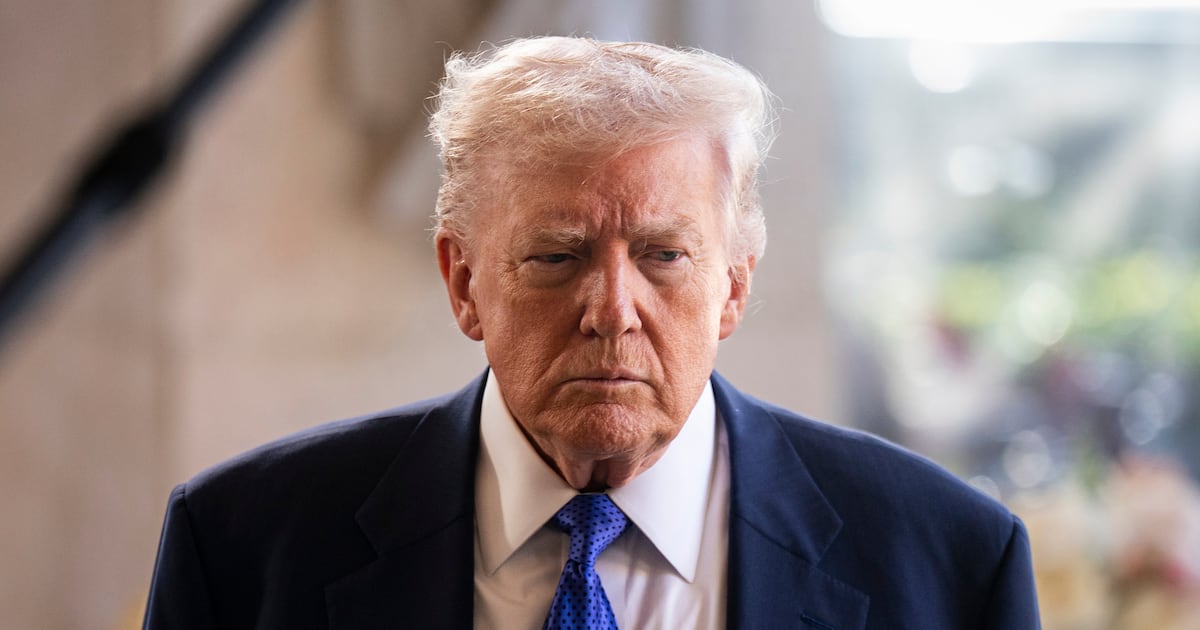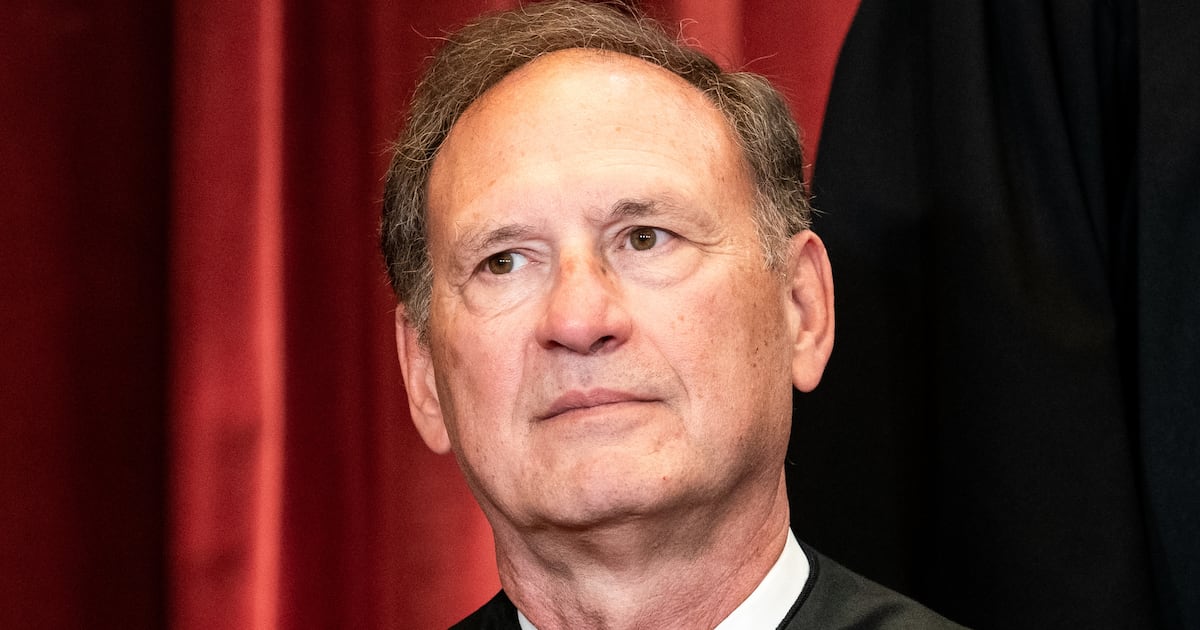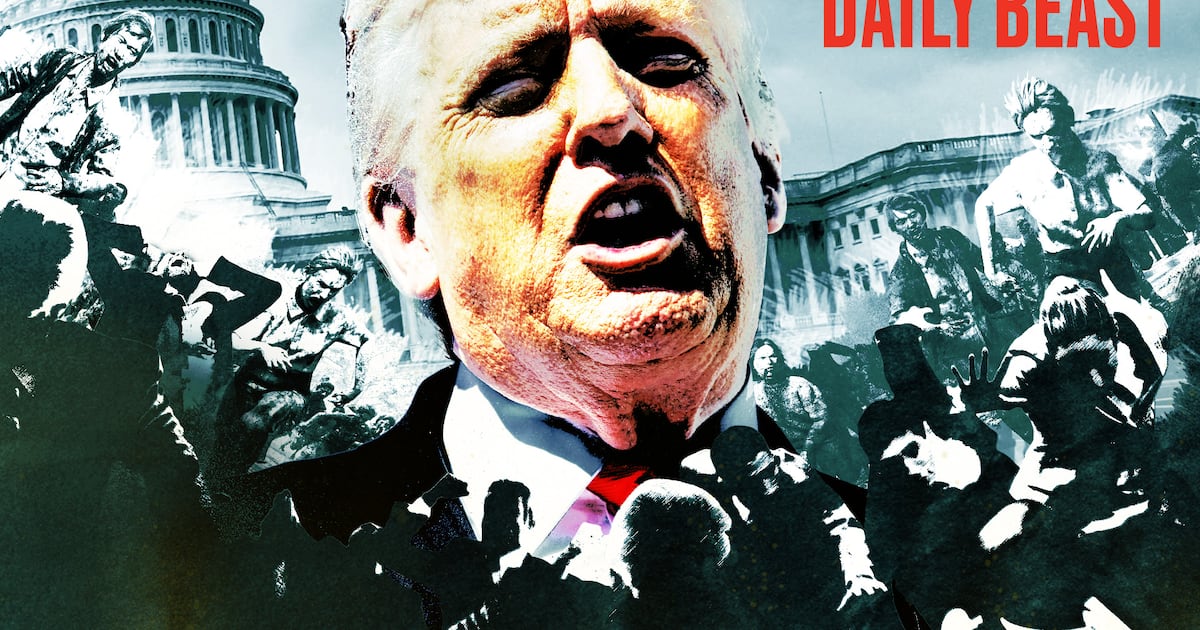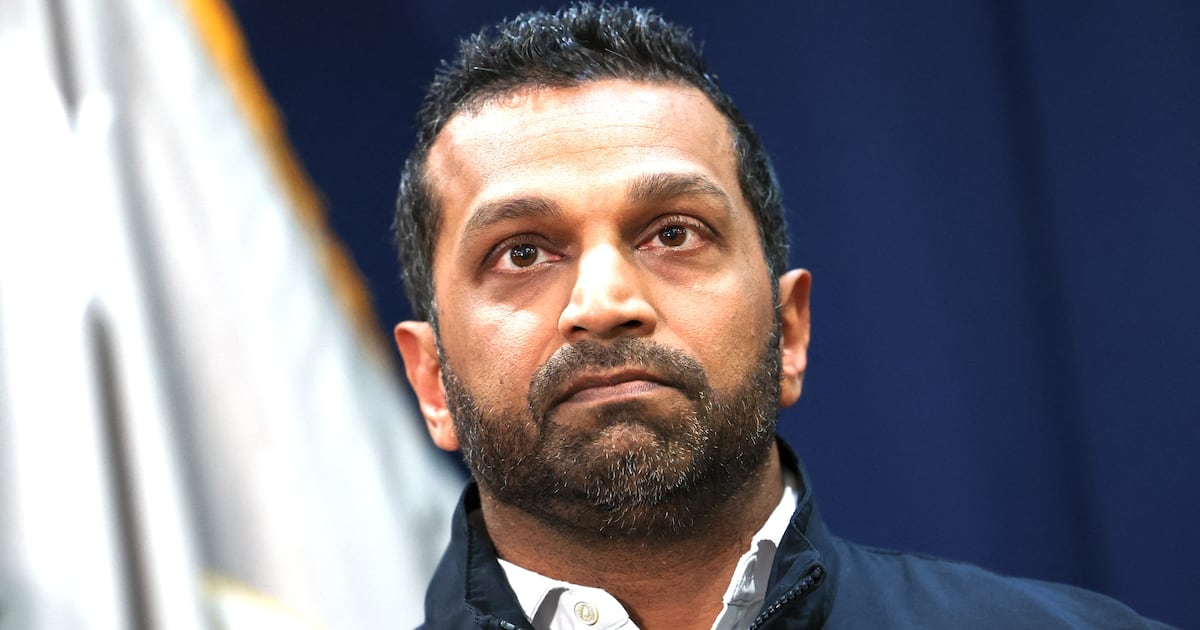Werner Best, the chief ideologist of the Nazi secret state police—the infamous Gestapo—described the organization he served loyally for many years as the “doctor to the German national body.” It was necessary, wrote Best, “to identify each symptom in good time and locate the destructive germs—whether they have arisen through internal corruption or have been carried in from the outside by deliberate poisoning—before using all appropriate means to get rid of them.” Like Best, the agency’s chief architect and overseer, Heinrich Himmler, Reichsfuhrer of the SS and chief of all German police forces, typically spoke of the Gestapo’s work in biological metaphors, and encouraged its agents to do the same, for the Gestapo, in the eyes of its leaders, was ultimately in the health business.
That they could think this way about what this organization did is appalling, to put it mildly, for one of the many revelations that authors Carsten Dams and Michael Stolle include in The Gestapo: Power and Terror in the Third Reich, is that the Gestapo in the contemporary popular imagination differs very little from the real thing, back when it was doing a great deal of extremely nasty work in the darkest days of the 20th century. The Geheime Staatspolizei—Gestapo, for short—was indeed a frighteningly efficient bureaucracy of thugs, killers, and very meticulous clerks. Its field agents were masters in the black arts of terror and mass murder, meted out not infrequently with a hefty dose of sadism.
First in Germany during Hitler’s ascendancy, then in Nazi-occupied Europe, everyone lived in fear of a visit from the cool, hard men in the leather overcoats and black fedoras. What made the Gestapo so feared, of course, was that it had a monopoly on the power to place real or imagined enemies of the state under “protective custody” in concentration camps, and keep them there as long as it pleased. Many thousands held in such custody did not survive. Gestapo decisions regarding protective custody were not subject to review in the criminal courts. Victims had neither voice nor redress. The director of the Gestapo answered only to Heinrich Himmler, and Himmler, only to the Fuhrer himself.
Eerily, the Gestapo performed a function that went well beyond the brief of the secret security services in most other totalitarian states. According to Dams and Stolle, it formed “the central core of a political administration that intended to shape every aspect of the population’s life.” As such, it investigated internal and external enemies of the state and persecuted them with great severity and violence—that’s the drill for secret police everywhere.
But it went considerably beyond that. The organization was given pretty much a free hand to define and categorize those enemies as to the severity of the threat they posed the German state, and persecute them as they saw fit. As “the spearhead of the terror apparatus of the Third Reich,” they also evaluated ordinary Germans’ loyalty by monitoring their level of commitment to Nazi ideology.
The Geheime Staatspolizei had been formed in the mid ’30s through a series of deft political power plays by Himmler and his protégé, the suave and ruthless Obergruppenfuhrer-SS (Lt. General) Reinhard Heydrich. They began by wresting Party control of the highly professional state police forces of Prussia and Bavaria from the interior ministry of the German state. By 1936 they had conflated these and other police institutions with several Party security organizations to form the nucleus of the wartime Gestapo. But the grasping ambitions and rapid conquests of the Reich from 1939 on constantly placed new demands on the agency, so in fact, write Dams and Stolle, it was “in a state of perpetual metamorphosis” until the closing days of the war.
Still, at its largest in 1944, the Gestapo had only 31,000 agents to fulfill its grim brief across all of occupied Europe. During and after the war, conventional wisdom had it that the Gestapo’s seeming omniscience was due to its having an agent in every bar, train station, and street corner. This was a myth widely encouraged by the Gestapo for obvious reasons. In fact, the organization’s protracted success was due to other, more subtle, factors.
Its notable esprit and aggressiveness was forged by a rigorous and demanding ideological indoctrination program developed under the watchful eye of Himmler himself. Ordinary policemen were transformed into ideological zealots, trained to root out communists, homosexuals, Slavs, gypsies, the work-shy, and most of all, the Jews, and persecute them without mercy, for mercy was nothing more than weakness.
In keeping with the Gestapo’s fondness for biological metaphors, all these people were described as “vermin” festering within the Reich, endangering the health of the Nazi state body. Victims were stripped of their names and identified only by a number in order to further dehumanize them in the eyes of the perpetrators.
In the ’90s, a number of scholars challenged the formidable reputation of the Gestapo as a ruthlessly effective intelligence-gathering and persecution machine, arguing that its effectiveness was only made possible by the collusion of millions of ordinary German citizens who chose to denounce their own neighbors to agents of the state. Dams and Stolle make a compelling case that these scholars have it wrong. Civilian denunciations, while an important source of information leading to prosecution, were hardly the telling factor in most arrests. Far more important were the Gestapo’s close, and surprisingly friction-free, relations with a welter of other state and party organizations also preoccupied with security in the Reich, particularly the Waffen-SS (the military wing of Hitler’s personal “Protective Squadron”) and the SS’s intelligence gathering unit, the SD, but also some two million Nazi Party block wardens, the railway security police, post office employees, and ordinary civil servants. For all these people, co-operating with the Gestapo by reporting rumors, deviant behavior, or even just loose talk, was invariably a good career move.
Chillingly, there can be no question that the Geheime Staatspolizei’s aura of omniscience was due in no small measure to its special competence in gathering and organizing huge quantities of data on resistance movements, potentially subversive individuals, informers, industrial firms, publications, even other security agencies, and making that information readily accessible to its field agents through an ingeniously contrived system of multi-colored index cards. One shudders to think what the Gestapo might have done with just a handful of the data-mining tools currently employed by the NSA.
As in any dynamic institution, and the Gestapo certainly was one, priorities changed considerably over time. First, it turned its hand to the elimination of organized resistance within Germany itself. Having dispensed with the leadership of all alternative political parties and resistance movements through imprisonment and execution, the Gestapo in 1938 turned its hand to racial persecution and the deportation of German Jews in particular. Although the agency played no role in the formulation of the Reich’s policy aims concerning the Jews, it quietly took the lead in systematizing their deportation.
A watershed event in the systemization process was the Gestapo’s brutal deportation of 26,000 Jews in the immediate aftermath of the “Night of Broken Glass,” November 9, 1938. In the wake of this operation, the Gestapo on its own initiative issued a series of public directives that, bit by bit, denied even the most basic human rights to Germans of the Jewish faith.
After World War II began, a very pro-active Gestapo under the directorship of Heinrich Muller began its reign of terror over the remaining Jews in Germany, breaking into homes, confiscating assets, and placing whomever it pleased in concentration camps, often without warrants on the flimsiest of charges.
As the Wehrmacht plunged ever deeper into both eastern and western Europe, the “doctor” of the Nazi state followed close behind, for disease, threats to the body from within and without, lurked everywhere within the conquered nations. It was in occupied Europe, after the implementation of the “final solution” in January 1942, that the Gestapo slid precipitously into a nightmarish world of depravity, atrocity, and criminality, insuring its future reputation as one of the vilest organizations ever devised by human beings.
In the conquered territories, write Dams and Stolle, the Gestapo operated with “unrestrained violence,” and “without the slightest legal foundation from the outset.” The only law there was Hitler’s mandate. The Fuhrer’s call for extermination of the enemies of the Nazi state within the occupied countries was a task to be fulfilled by many organizations, especially a new and malevolent instrument of police power—the “murder commandos” known as the Einsatzgruppen. The main function of these units was to “purify” a particular area of operations by rounding up enemies of the people, execute them, typically with small arms, and bury them in mass graves expeditiously.
Originally created and led by SS officers, the Einsatzgruppen soon morphed into multi-ethnic battalions, led by Gestapo field officers. The central office in Berlin strongly encouraged all agents to serve at least one tour of “foreign deployment” in order to familiarize themselves with cutting edge techniques of racial cleansing—and to make their own unique contribution to the cause. Many agents remained in occupied Europe indefinitely, for there was literally no end to the work that needed to be done.
In these operations, normal police work—gathering evidence, conducting interrogations, obtaining witness statements—was dispensed with for the sake of enhancing “efficiency.” Time was of the essence. Seven thousand Jews alone were murdered by the Einsatzgruppen in a matter of a few weeks after the Polish campaign in the fall of 1939. In the Baltic states, German records indicate that the Einsatzgruppen units killed 218,000 Jews by February 1, 1942. All over Europe, the Gestapo orchestrated mass killings on a daily basis.
In one of his most stark and revealing public utterances, Heinrich Himmler told a rapt audience of SS and Gestapo officers in 1943, “Most of you will know what it is like to see 100 corpses lying side by side, or 500 or 1,000 of them. To have coped with this and—except for cases of human weakness—to have remained decent, that has made us tough.” Incomprehensible though it might seem to contemporary readers, Himmler was telling the truth—at least as far as belief was concerned. By and large, the men and women who served in the Gestapo believed they were decent people engaged in difficult and ugly but entirely necessary work.

Though relatively few in number, the Gestapo’s activities on the frontiers of Nazi-occupied Europe were hardly restricted to work with the murder commandos. They bore primary responsibility for ferreting out the resistance movements in the occupied nations, and “formed the core of the terror and extermination network.” As such, it fell to its officers to organize local police forces, forced laborers, railroad officials, Jewish collaborators, as well as SS and Wehrmacht units, to clear ghettos, round up Jews, and ship them off to extermination camps all over Eastern Europe. In the closing months of the war, the Gestapo turned its wrath once again inward, against ordinary Germans who had come to see the insanity and futility of continuing to fight in a lost cause. An apocalyptic mood took hold inside the organization: “The more helplessly the regime was exposed to its internal enemies, the more blood thirsty its attacks on all those inside its borders whom it identified as enemies.”
The Gestapo: Power and Terror in the Third Reich draws on all the latest scholarship to offer readers a compelling overview of what the organization was, what it did, and how it changed over time. Like many other penetrating explorations of the Nazi killing machine, it raises some very disturbing and ultimately unanswerable questions about the nature evil and cruelty in the world. A fine book all around, but not a book for the faint of heart.
James Warren is a visiting scholar at Brown and the author, most recently, of Giap: The General Who Defeated America in Vietnam.






